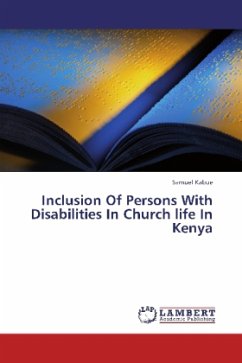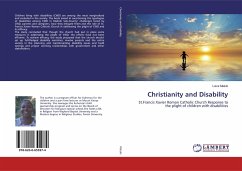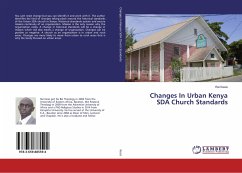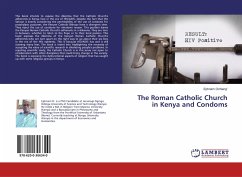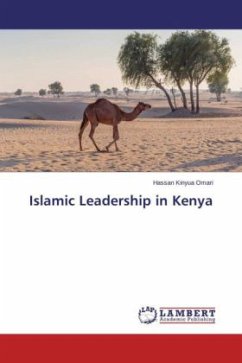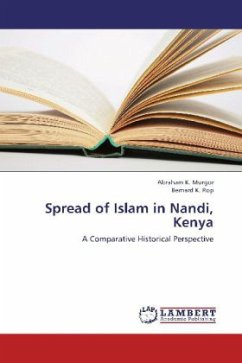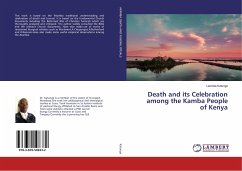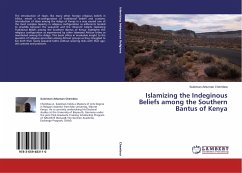This study is carried on the premise that the inclusion of persons with disabilities in the worship, social and development life of the church remains unsatisfactory. As the pioneer in work with persons with disabilities, the church in Kenya is expected to provide the best inclusion model programmes. The study addressed prevailing perceptions which impact on the inclusion of persons with disabilities; the social, theological and physical barriers to the inclusion; support services which could enhance inclusion; and, training and other interventions needed to improve the sensitivity of the church leadership to the inclusion of persons with disabilities in the church life. Data collection was through interviews of persons with disabilities and a focus group. The study recognized that inclusion is largely impacted by attitudes and perceptions which lead to discriminatory and oppressive church and societal structures. It recommended ways in which the church could provide a social, physical and theological environment in which persons with disabilities may realise their full potential in the life of the church.
Bitte wählen Sie Ihr Anliegen aus.
Rechnungen
Retourenschein anfordern
Bestellstatus
Storno

